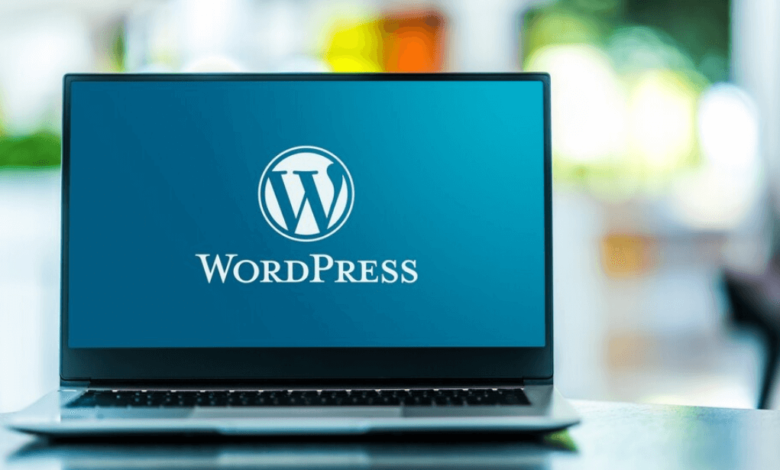Comparative Analysis of Wix and WordPress: Choosing the Right Platform for Your Online Presence

Establishing an online presence is crucial for businesses, freelancers, and anyone looking to share their message or products with the world. Two of the most popular website-building platforms are Wix and WordPress. Each offers unique features and capabilities, making them suitable for different types of users and projects. This comparative analysis will explore the strengths and weaknesses of each platform to help you make an informed decision and better understand the ongoing debate around Wix vs WordPress.
Ease of Use
One of the most significant factors when choosing a website builder is ease of use. Wix is renowned for its user-friendly interface, allowing users to create a website quickly without any coding knowledge. Its drag-and-drop functionality means that users can simply select elements—such as text boxes, images, and videos—and place them on their site with ease. This makes Wix an excellent choice for beginners or those who want to set up a site quickly without extensive technical skills.
In contrast, WordPress has a steeper learning curve, especially for those who opt for the self-hosted version (WordPress.org). While the platform provides a high degree of customization, it requires some basic understanding of web design and coding. However, the WordPress dashboard has improved over the years, and numerous tutorials and resources are available to guide users through the process. For those willing to invest the time to learn, WordPress offers flexibility that can result in a highly customized site.
Customization Options
When it comes to customization, WordPress shines. The platform boasts thousands of themes and plugins, allowing users to modify almost every aspect of their site. With the right combination of plugins, you can add features ranging from e-commerce capabilities to SEO optimization tools and social media integrations. This makes WordPress an ideal choice for businesses that require specific functionalities or those looking to grow their site over time.
Wix, while offering a good selection of templates and apps, is somewhat limited in terms of customization compared to WordPress. Users can personalize their sites to an extent, but the functionality is often constrained by the platform’s infrastructure. If you choose Wix, you may find that you cannot implement certain features or changes as your business needs evolve. For users looking for extensive customization, WordPress is the clear winner in this category.
See also: Dolly Partons Hair : Iconic Styles and Beauty Secrets
Cost Considerations
Both Wix and WordPress offer various pricing models that cater to different budgets. Wix operates on a freemium model, allowing users to create a website at no cost, though this comes with limitations, such as Wix branding and ads displayed on your site. To remove these ads and access more advanced features, users will need to upgrade to a paid plan, which can range in price depending on the level of service required.
WordPress itself is free to use, but users must pay for web hosting, which can vary significantly in cost depending on the provider. This can make WordPress a more economical choice if you are willing to handle the technical aspects of hosting and maintenance. Additionally, many premium themes and plugins come with one-time or subscription fees that can add to the overall expense. For those seeking a budget-friendly solution, both platforms have options, but understanding the long-term costs is essential for making the right choice.
SEO Capabilities
Search engine optimization (SEO) is crucial for any website looking to attract organic traffic. WordPress is often considered superior in this regard due to its robust SEO features. With plugins like Yoast SEO and All in One SEO Pack, WordPress users can easily optimize their content, manage meta tags, and create sitemaps. Additionally, WordPress’s open-source nature allows developers to implement advanced SEO strategies that can improve a site’s visibility on search engines.
Wix has made significant strides in improving its SEO capabilities, offering features such as customizable URLs, alt text for images, and mobile optimization. However, it still falls short of the flexibility that WordPress provides. Users looking to leverage advanced SEO tactics may find WordPress to be the better choice for maximizing their online presence.
Customer Support
Reliable customer support is crucial when building and maintaining a website. Wix offers 24/7 customer support through various channels, including live chat and email. The platform also has a comprehensive help center featuring tutorials and articles, making it relatively easy for users to find answers to common questions.
WordPress, being an open-source platform, does not have a dedicated customer support team. However, users can access a vast community of developers, forums, and resources for help. Premium themes and plugins often come with support from their developers, providing an additional layer of assistance for users who choose those options. If you prefer direct and immediate support, Wix may be the more suitable option; however, if you are comfortable navigating community resources, WordPress has a wealth of information available.
Conclusion
Choosing between Wix and WordPress ultimately depends on your specific needs, technical skills, and long-term goals. If you are a beginner looking for an intuitive platform to create a simple website quickly, Wix may be the better choice. However, if you require extensive customization, advanced SEO capabilities, and are willing to invest time in learning, WordPress is the superior option. By carefully evaluating your requirements and considering the pros and cons of each platform, you can make a well-informed decision for your online presence.




